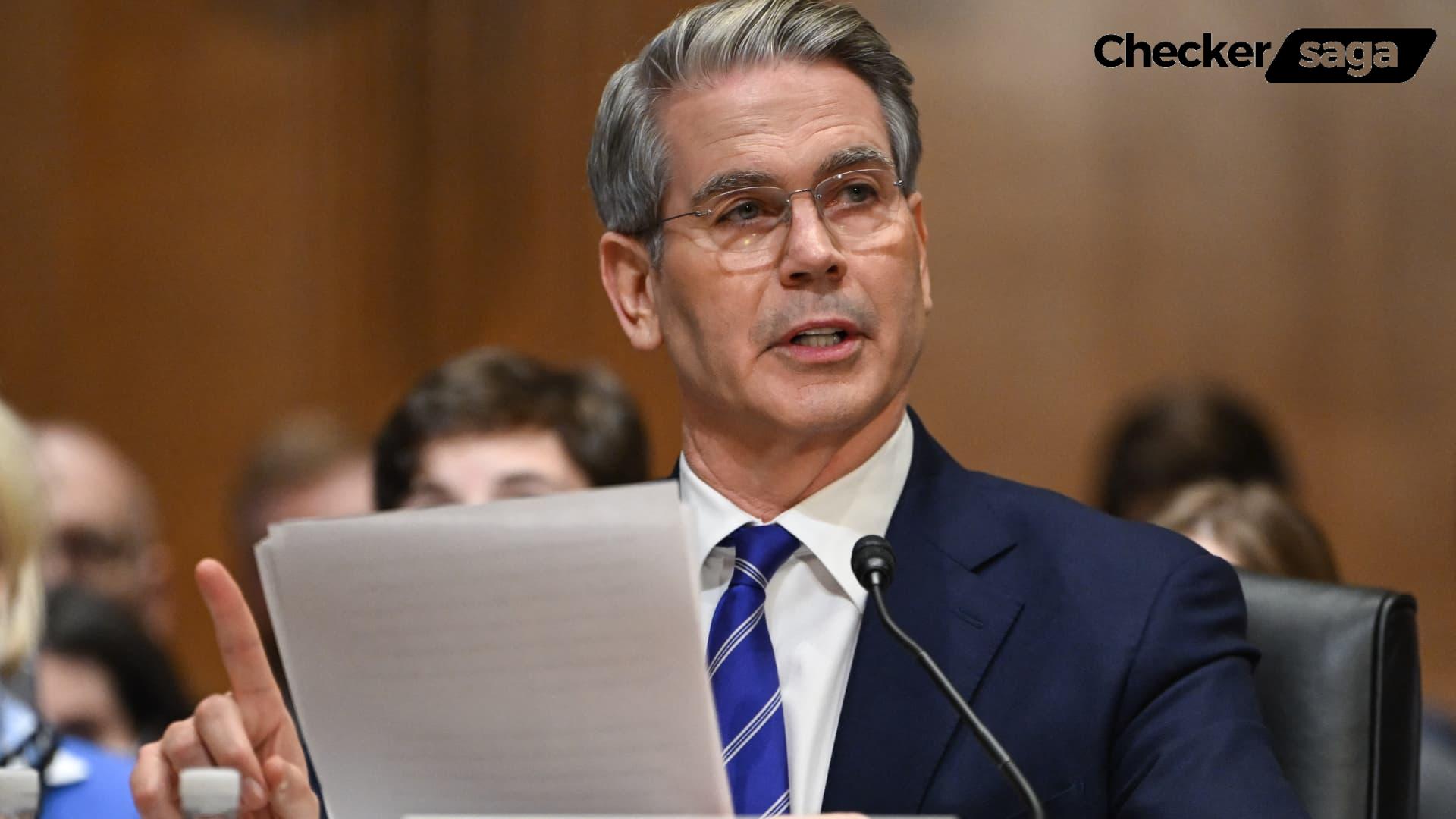In a recent confirmation hearing, Scott Bessent, President Trump’s nominee for Treasury Secretary, raised serious concerns about the state of U.S. government spending. He highlighted that the country is facing a significant deficit that could shape the economic future of the nation.
Bessent’s Testimony Puts Spending Under the Microscope
During his confirmation process, Bessent pointed out that the U.S. has a spending problem rather than a revenue problem. He claimed that the financial issues are deeper than most people realize. In fact, the fiscal year 2025 deficit ballooned to a staggering $710.9 billion in just three months, which is a $200 billion increase compared to the same period last year—a troubling 39.4% jump.
Understanding the Numbers: What This Means
Bessent’s testimony shed light on why this deficit is unprecedented. He stated that such high deficits usually occur only during recessions or wars. This statement is alarming as it suggests that the government may struggle to respond to future financial crises. He stressed that rising costs and reduced tax revenues are contributing factors to this troubling trend.
Debt Ceiling Discussions Heat Up
The conversation about the U.S. debt ceiling also featured heavily during the hearings. Bessent, however, chose not to commit to eliminating the debt ceiling, even though there were vocal supporters of this idea, including Senator Elizabeth Warren and former President Trump himself. The proposal to eliminate it aims to protect the economy from potential political conflicts that could arise from its existence.
The Stakes: What Comes Next?
This confirmation hearing is just one step in a complex process that will shape American financial policies. Bessent’s stance will be pivotal in the government’s approach to spending and tax structures, and how he decides to tackle the debt ceiling will have lasting effects. As he gathers support—or faces opposition—from Senate members, the nation watches closely.
Visualizing the Impact: Understanding the Deficit
| Fiscal Year | Deficit Amount (in Billions) | Change from Last Year (in Billions) |
|---|---|---|
| 2025 (First Quarter) | $710.9 | +$200 |
Looking Back at Bessent’s Background
Scott Bessent is not a newcomer to economic discussions; he has a notable background as a Wall Street investor and served as an advisor to Donald Trump on economic matters. His experiences bring a unique perspective to the Treasury Secretary role. Bessent’s wealth, with assets valued at over $500 million, raises questions about his views on income inequality as well. He faces scrutiny from Democrats—particularly Senator Bernie Sanders—who challenge the implications of his policies on everyday Americans.
How Citizens Can Stay Informed
The ongoing discussions about government spending and economic policies affect everyone, from individuals to businesses everywhere in the U.S. Engaging in community dialogues or keeping track of legislative updates can empower citizens to voice their opinions and influence policy changes.
























